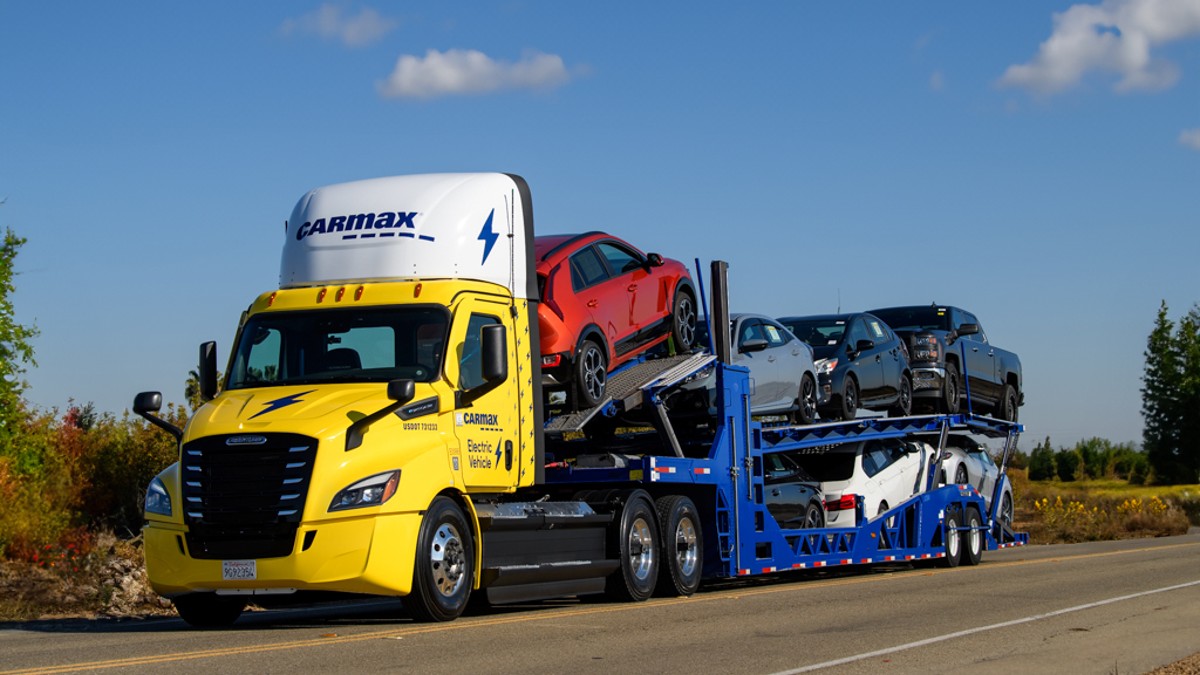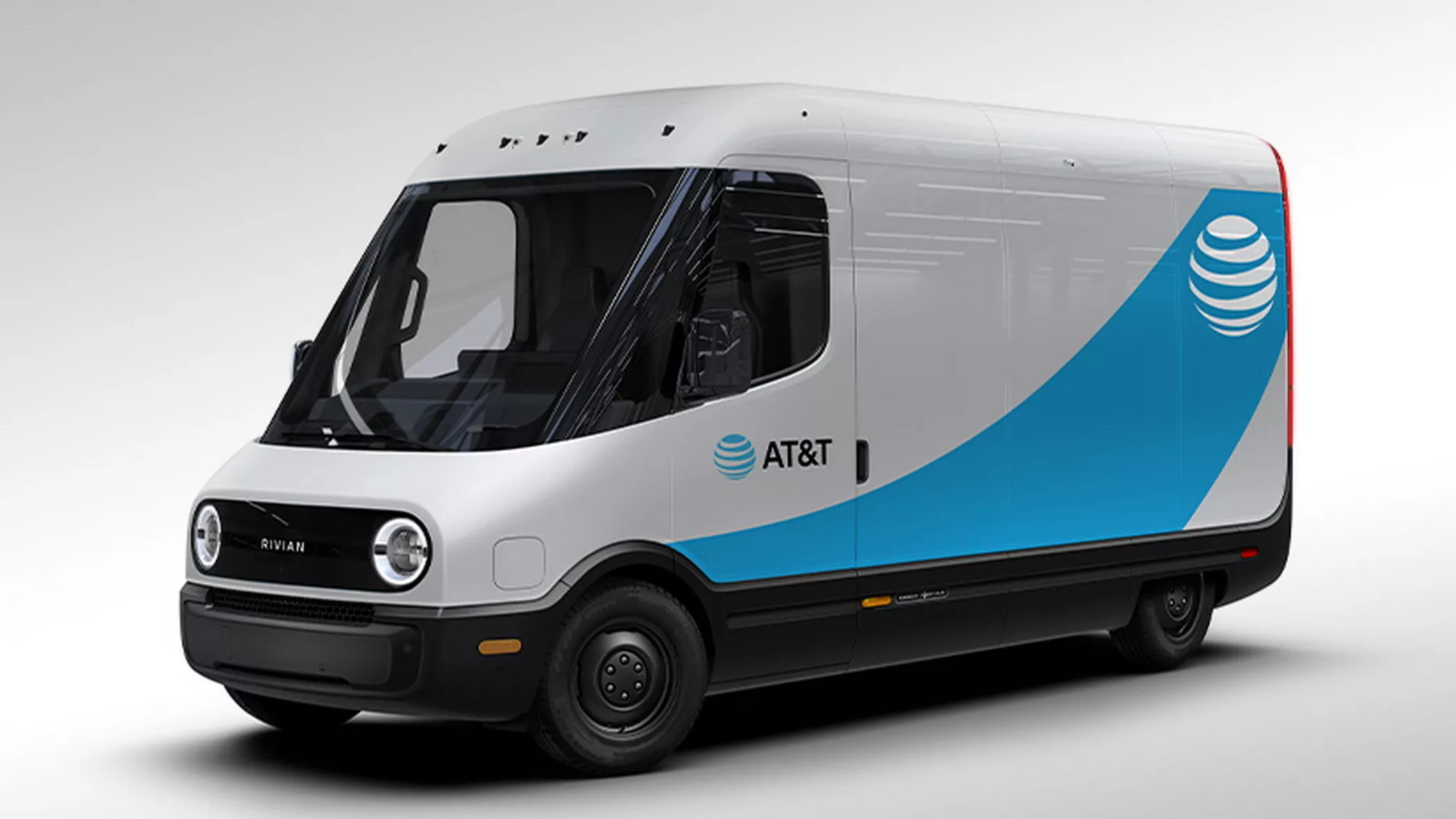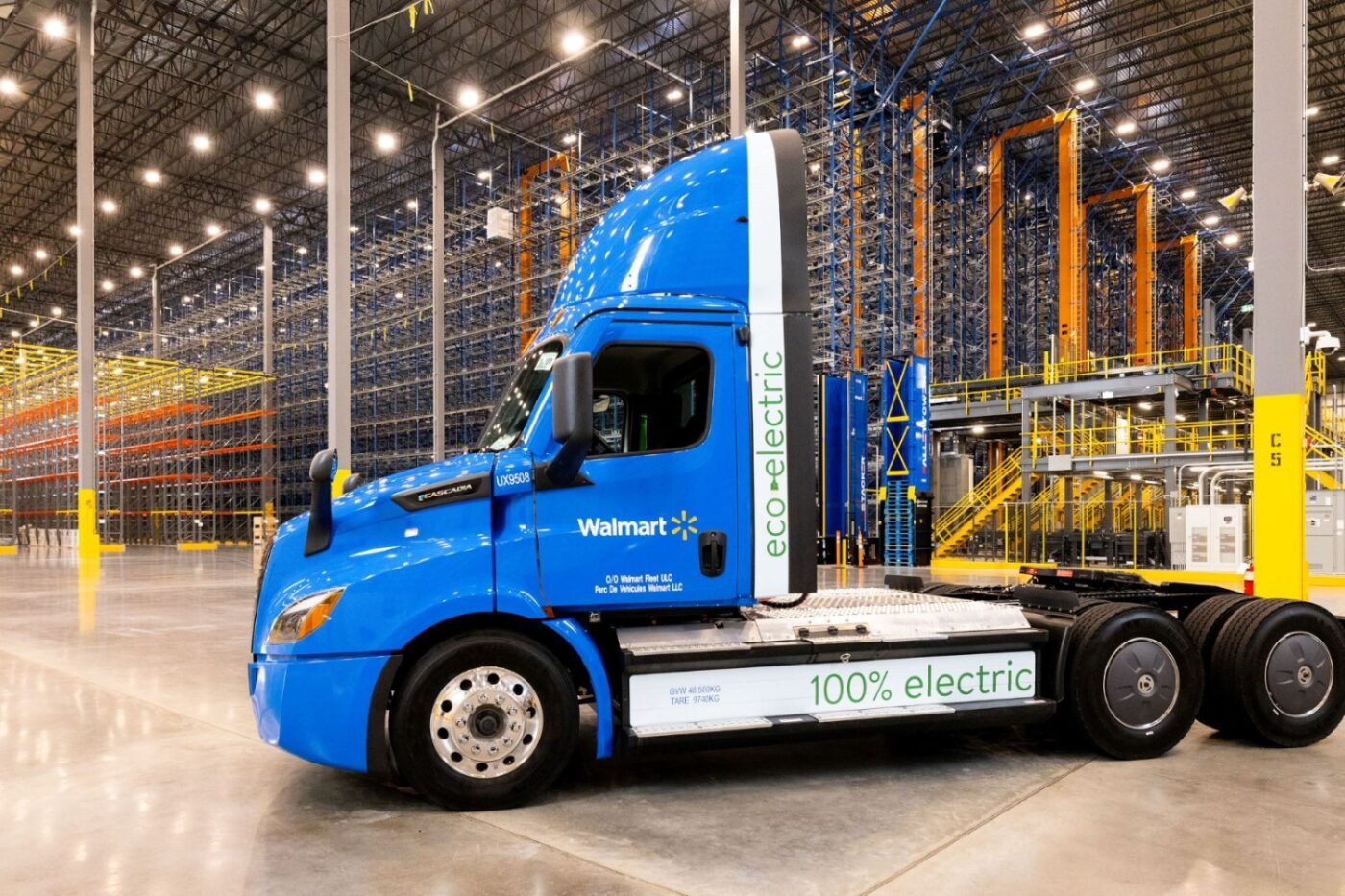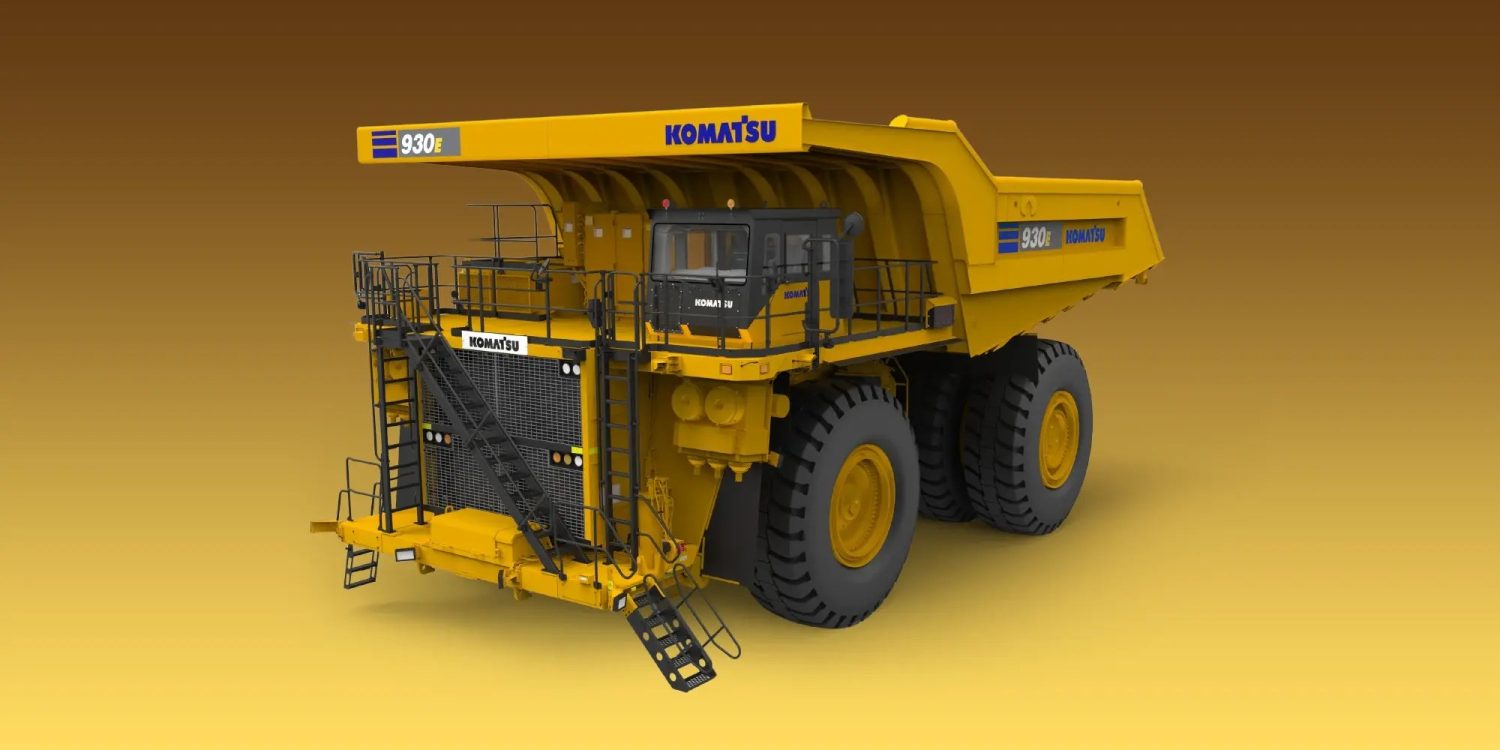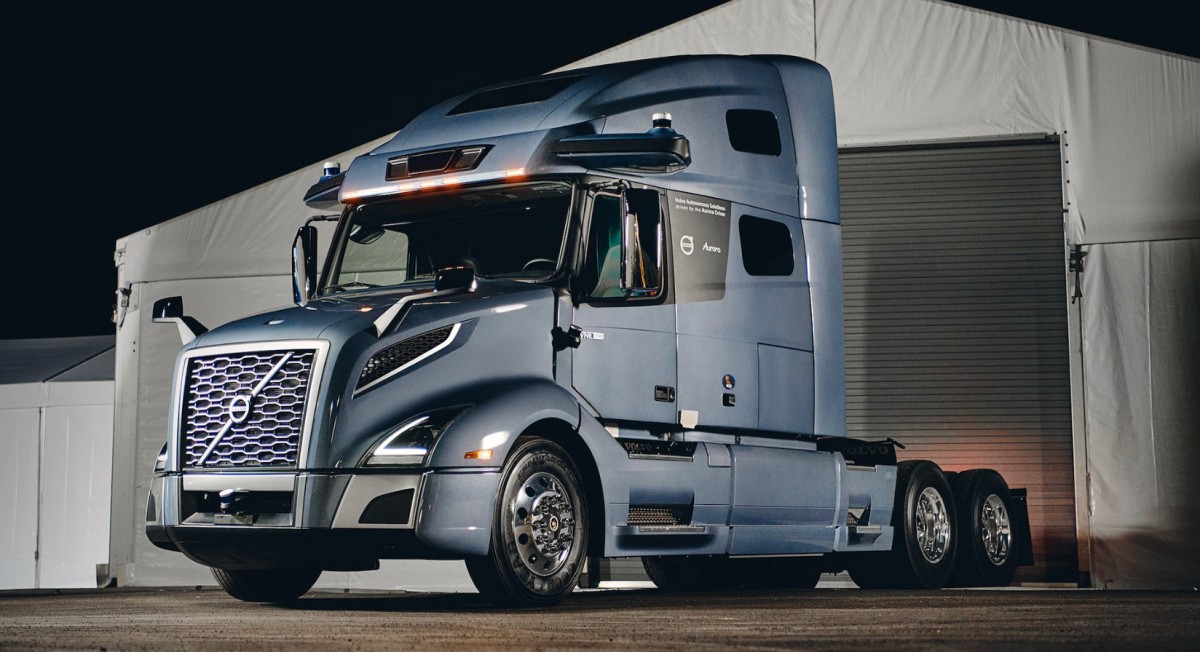Researchers at the Chair of Production Engineering of E-Mobility Components (PEM) at RWTH Aachen University in Germany have reported successful tests of their electric truck prototype equipped with a hydrogen fuel cell range extender. This achievement is a notable milestone in the “SeLv” research project, which focuses on developing heavy-duty trucks for emission-free logistics.
Conducted at the Aldenhoven Testing Center in North Rhine-Westphalia, the prototype underwent rigorous testing on various driving dynamics surfaces, including a braking track, oval track, and an incline hill, covering approximately 500 kilometers.
Funded by the German Federal Ministry for Digital and Transport with around €16.9 million, the “SeLv” project aims to create an electric powertrain with a fuel cell range extender for commercial vehicles with a gross weight of 41 tons. The modular powertrain is designed to be suitable for both retrofit solutions and new vehicles.
Initially presented as a purely battery-electric prototype in October 2022, the project has now integrated the hydrogen fuel cell range extender, marking a significant advancement. The research project, scheduled to continue until the end of 2024, is poised to move towards industrialization with the support of RWTH University’s spin-off, Moion GmbH, which will play a key role in providing truck conversions and the necessary powertrain kit in the future.
Professor Achim Kampker, Director of PEM, emphasized the success of the tests under real conditions, stating, “The combination of battery-electric drivetrain and fuel cell-hydrogen system works for heavy-duty trucks.” He added, “After checking the basic functions, we successfully tested the hydrogen system as well as the energy and thermal management.”



